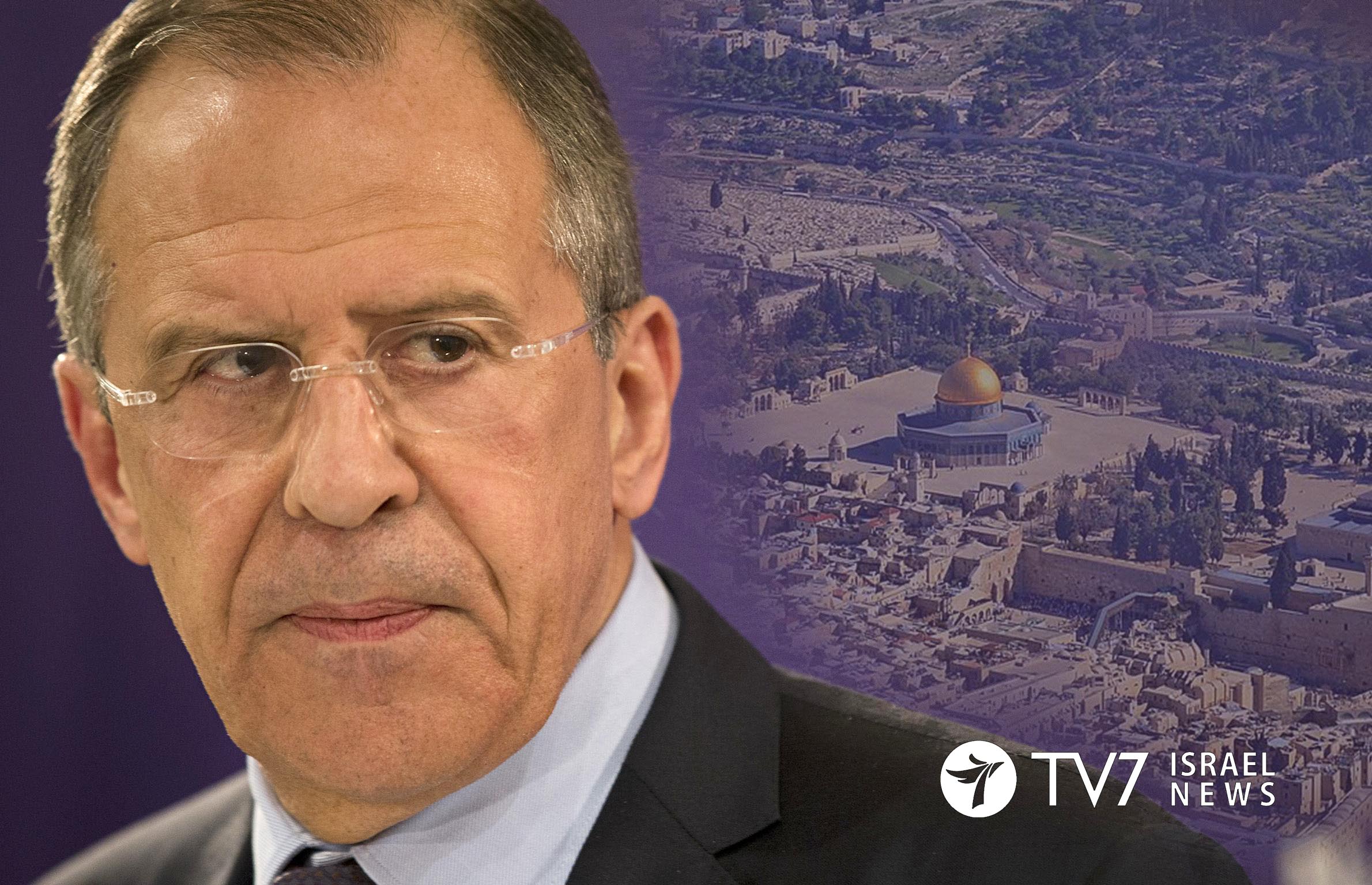Russian Foreign Minister Sergei Lavrov called President Donald Trump’s doubt on the nuclear agreement with Iran “a pity”, that after Washington accused the Islamic Republic of Iran of violation the “Spirit” of the agreement, terming the 2015 Joint Comprehensive Plan of Action or JCPOA, a “blatant mistake.” Lavrov said in a conference for young Russian professionals “Perhaps among successful talks is what we have done on Iran’s nuclear program and what, unfortunately, our American partners question. Although the administration of (U.S. President Donald) Trump confirmed that in terms of the signed agreements Iran fulfils everything that was required. But nevertheless, in the Trump administration they continue calling these agreements wrong and erroneous. So, it’s a pity that such a successful treaty, in my opinion, is now somewhat being cast into doubt.”
It is important to note that the allegations pertaining to the Iranian violations of the nuclear agreement are based on Paragraph 3 of Annex B of the JCPOA, which calls upon Iran “not to undertake any activity related to ballistic missiles designed to be capable of delivering nuclear weapons, (and) including launches using such ballistic missile technology,” for eight years after the adoption date of the nuclear agreement. Since the adoption of the treaty, however, Iran has conducted several ballistic missile tests, which are capable of carrying a nuclear payload; while rejecting any claims of violating the nuclear agreement, considering the wording of the text, which Tehran interprets as an advisory rather than a conclusive demand.
Meanwhile, US Ambassador to the United Nations Nikki Haley is scheduled to travel to Vienna for consultations with the International Atomic Energy Agency, over Iran’s compliance with the nuclear agreement, as part of US legislation that forces the President of the United States to certify Tehran’s compliance with the deal every 90 days. The bill requires the president to reveal whether the lifting of sanctions on Iran is in “vital national interest” of the United States, if Iran is complying with the deal and all related agreements, whether Iran is making nuclear advances, and whether Iran is in material breach of the agreement. Meanwhile, according to several media reports, President Donald Trump has indicated that he intends to find Iran in non-compliance with the nuclear agreement, in his next report on Tehran’s compliance that is due in October. The reason behind the anticipated move by the American President: while the IAEA has not declared Iran to be in material breach of the agreement, it has documented a number of Iranian violations of the deal since it was implemented in January of 2016.
